There's no reason to be alarmed, but that doesn't mean that tourist agents in the Algarve should sit idly by and not prepare for the future. In this summer of 2023, namely in July, there was a decrease in the percentage of Portuguese tourists in the region, a situation that is seen by the sector as a normalization and a natural reflection of the loss of purchasing power of the national market, which is also affecting other countries. markets.
Despite the recurring message that any alarmism is not justified, taking into account that this is being, in general, an excellent tourist year, there are also those who remember that it is necessary, when the summer hustle passes, to look not only at the results , but mainly for the future.
«I think this year will turn out to be positive, but we have to be careful. We must be alert and closely monitor the international markets and cherish the national market, as we cannot forget that, even recently, in the pandemic, it was the Portuguese that we could count on », he says to Sul Informação André Oliveira, sales director at On Travel Solution, a travel company incoming based in the Algarve.
Data from the Algarve hotel industry, in July, revealed that there was a 4% decrease in Portuguese tourists, in terms of occupancy per room, a trend that was seen in other markets, such as Spain and Germany.
In contrast, there was an increase in the British and Irish market.
On the part of hoteliers, there is a guarantee that there was neither an exaggerated increase in prices, nor a stampede of Portuguese tourists from the Algarve, although it is noted that national tourists, like others, are retracting in spending and activities on vacation.
«We, what we found is that there is less purchasing power, people have more difficulties, but it is an issue that is completely foreign to the hotel industry. There was an idea that the Algarve is too expensive and that our increases were excessive. However, giving our example, in D. José, our increases in the month of August do not reach 8%», he revealed to Sul Informação João Soares, regional delegate of the Hotel Association of Portugal (AHP).
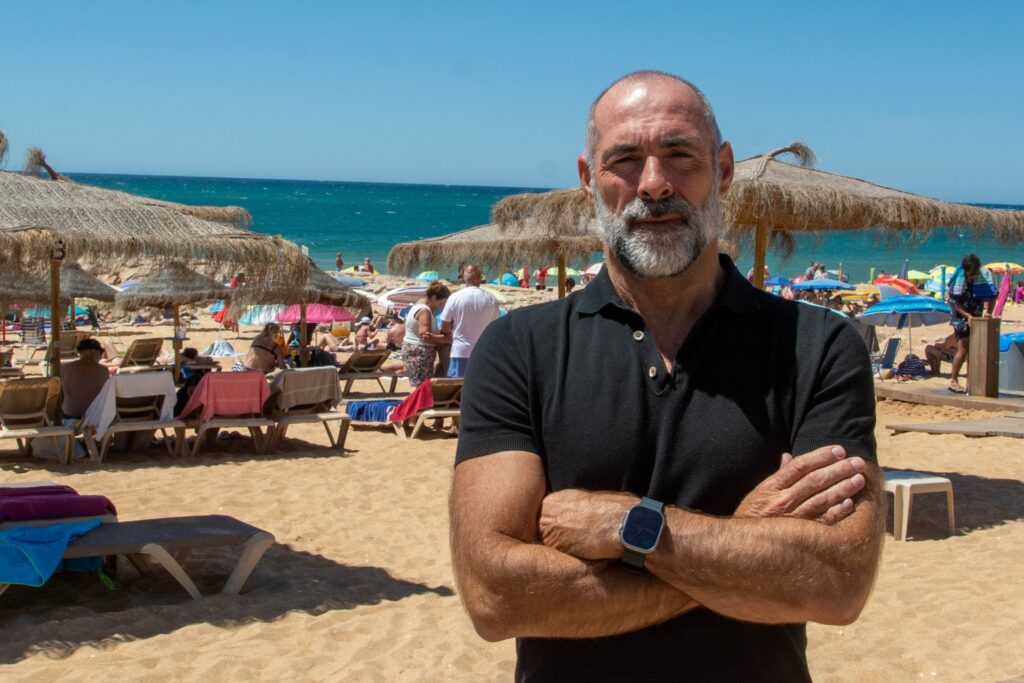
But, assures the also director and owner of the D. José Beach Hotel, in Quarteira, «the increase in costs reaches close to 20%. In fact, companies are sacrificing margin because price increases are smaller than cost increases».
What is undeniable is that «there was, in fact, a decrease in the national market, compared to 2022», in the month of July.
Even so, this trend seems not to be seen in August, which «will basically have the same occupancy rate as in 2022», believes João Soares.
Hélder Martins, president of the Association of Hotels and Tourist Enterprises of the Algarve (AHETA), recalls, for his part, that the data collected in July from members show that there was a reduction of 4%, but that everything indicates that it is not taking place in August.
«I recently carried out a survey of a large number of members of different types and only two are below 2019 and 2022. The others are above one year or the other or even both. It's not been a bad August, even the weather has helped », she said.
Regardless of the increase in prices, the effects on occupancy are not as great as that – «the truth is that there are units that are charging high prices and have a very high occupancy rate», says Hélder Martins.
«What we try is that the increase in prices is accompanied by a high quality service», he adds.
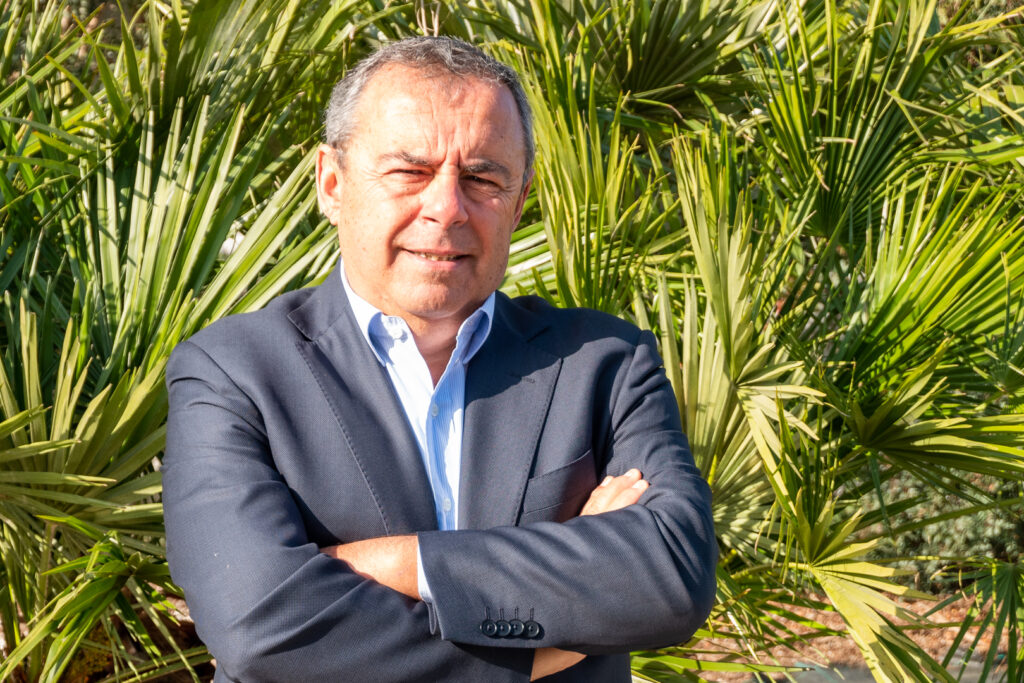
«When we arrived at the beginning of July, there was, in fact, a great concern because the demand in the national market was lower. (…) Being the traditional customer of the Algarve plus the Portuguese, we were concerned about this lack of demand», confesses, in turn, João Soares.
«The Portuguese client is highly esteemed and cherished in the Algarve and is the client that we [Dom José Beach Hotel], traditionally, have. Despite having decreased, it continues to be the first market, it is important to say this. The first market continues to be the national one, despite having had a drop this year. This is transversal to the whole Algarve», he points out.
But, «quickly, the rooms were occupied by the international market. (…) And it is also important to remember that the sale price is based on demand and supply. What happens? If there is a lot of demand, it is natural for hoteliers to increase, similarly to what happens with all other services: transfers, the ubers, etc.".
In other words, «if there is a lot of pressure, the hotel industry does not make a distinction, it does not say: “we are going to have x rooms just for the Portuguese”».
«And that was what was noticed in the Algarve. Although, in July, the pressure was lower, now, in August, it has already returned to normal levels. This explains a little the increase in prices. Now, there has been a permanent attempt to say that the Algarve is expensive, that you can't take holidays here, that the Algarve has never been so expensive. This is not true, because there are many products that continue to have very competitive prices», assures João Soares.
André Gomes, president of Turismo do Algarve, also emphasizes that, in the Algarve, «there is an offer for all budgets».
Taking this into account, the decrease in Portuguese tourists in July «also has to do with the fact that, in 2022, there is still not enough confidence to travel far away, to other countries. So, naturally, there were even more Portuguese who opted to head to the Algarve last year».
In 2023, with the full post-pandemic opening, «it is natural that the Portuguese return to bet on other destinations», says André Gomes.
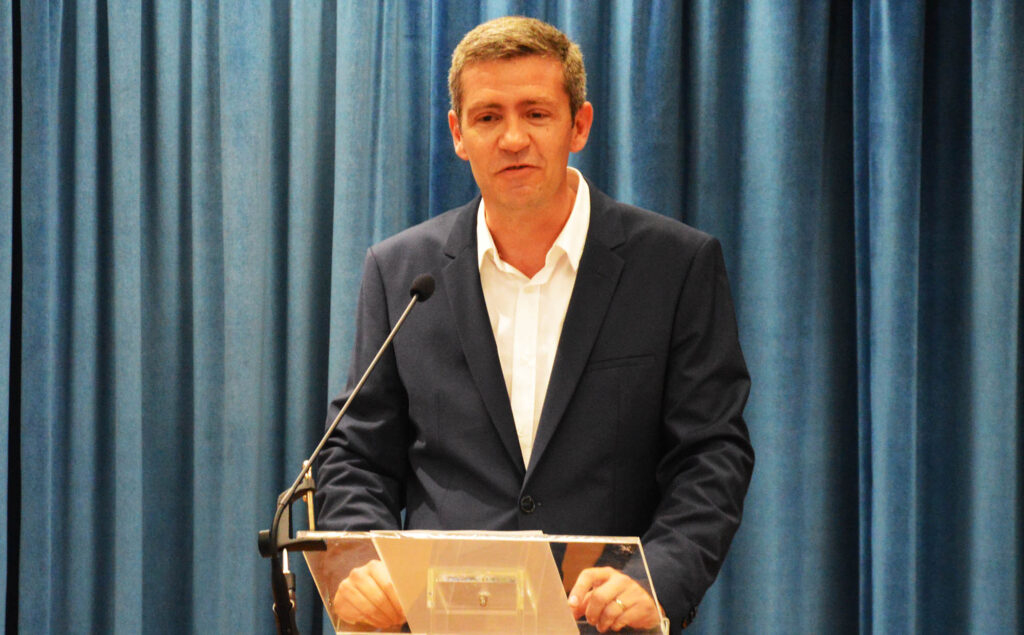
The same idea is conveyed by Daniel Alexandre do Adro, vice-president of the Association of Hotel and Similar Industries of the Algarve (AIHSA), who even recalls that the phenomenon of consumption of tourist products that occurred in 2022 even received a designation, in English : Revenge Spending. APeople spent more and insisted on meeting again after the pandemic to “revenge” what they couldn’t do for two years.
«We will always have to compare 2023 with the years 2018 and 2019, as the summer of 2022 was extraordinary», he said.
In the case of catering, recalls this official, this difference is even greater, since «we are not just talking about tourists, we also have to rely on residents, who had the same behavior».
«I believe that we will be facing a process of normalization, after an extraordinary year. We cannot live with the obsession of always growing in all indicators at the same time. What I feel, and this is what is most important, is that the degree of satisfaction and loyalty remains very high».
Alexandra Gonçalves, director of the Higher School of Management, Hospitality and Tourism at the University of the Algarve, recalls that, «if until 2019 we were in a trend of growth in the number of tourists, nights and revenue, with the pandemic this messed everything up».
«There were some habits that changed, because people started to take holidays closer to home, where they didn't run so many risks. In other words, there was an increase in Portuguese tourists here, but also Spanish ones, largely as a result of this situation».
«This tendency to attract a closer market continued in 2021 and 2022, due to the uncertainty of what was going to happen and the insecurity that was felt», but it changed in 2023, with the retraction of the national and Spanish markets, illustrate.
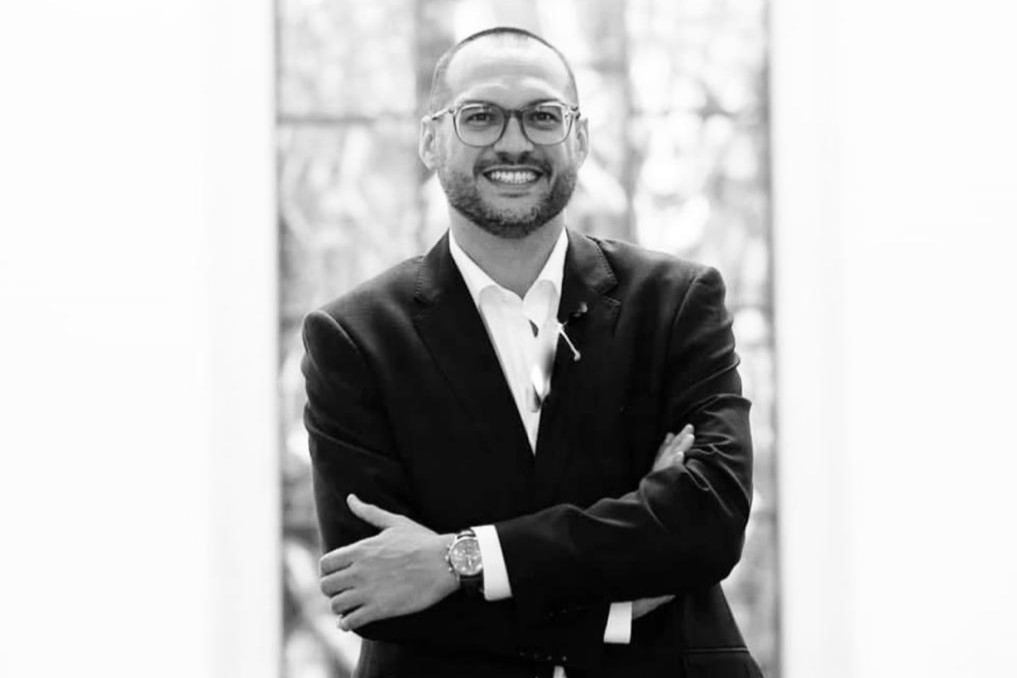
This does not mean that there are no improvements, far from it. «Global revenues are 30% above 2019 and 22% above those of 2022. We had more people in the region, a higher occupancy per room in the 1st half, the number of days of average stay also increased and the airport has more tourists », emphasizes André Gomes, recalling that «all factors, at the end of the first six months of the year, are extremely positive».
«This is good, it is a sign that we are qualifying the offer and that it is growing in value. Now, the product must be in line with the price charged», defends the president of Turismo do Algarve.
This also means, basically, as André Oliveira, from On Travel Solution, says, that something will have to be done, since the factors that reduce the purchasing power of the Portuguese and many foreign tourists are here to stay, as it seems. “Will it be necessary to adjust prices? Probably», he believes.
And, even if there is no option but to increase, an additional effort must be made, both in the private and public sectors, to justify this increase in the region.
«There has to be investment, at a regional level, in infrastructure, but also in the hotel industry itself. The quality of service and hotel facilities must always be adequate to the price charged, otherwise we will not be able to attract and retain customers», concludes André Oliveira.
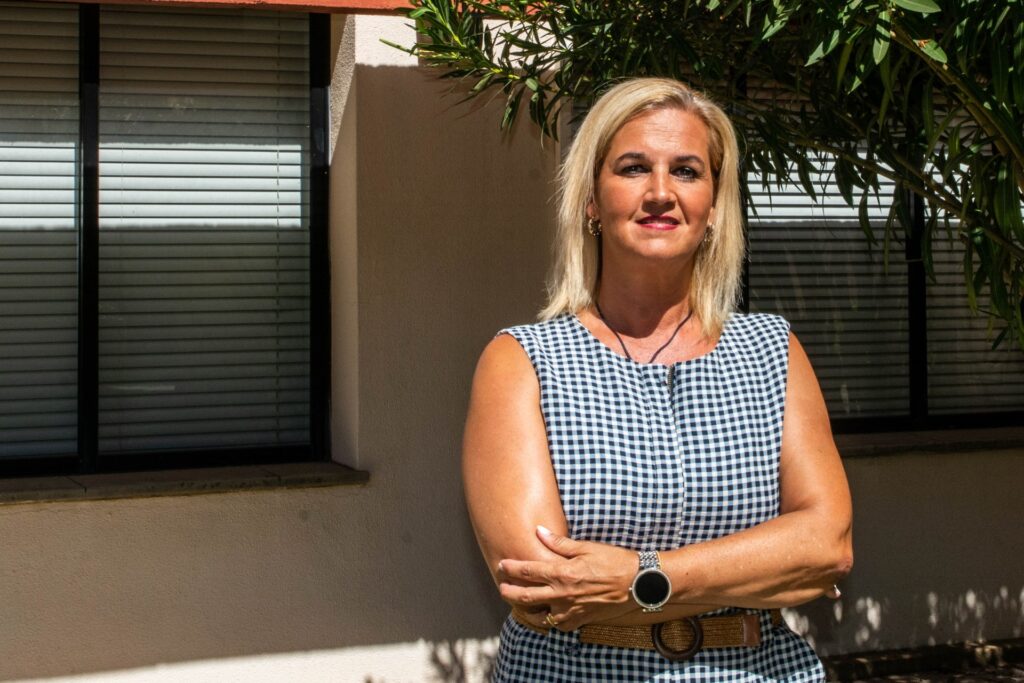
Improving the service necessarily involves investing in and valuing human resources, defends Alexandra Gonçalves.
«We are betting on the qualification of human resources, because there is a shortage of qualified and even unskilled labor, but the sector is not recognizing the qualification of human resources that are leaving universities, polytechnics, schools of hospitality», says the university professor and researcher.
«There is a shortage of personnel, but neither does anyone who is more qualified be valued, remunerating them properly», he reinforces.
«I think we have a great opportunity here to rethink what we are doing».
This reflection can be understood from the speeches of the various officials contacted by the Sul Informação, will be done at the end of the year, which is when conclusions can be drawn about how the year went and whether 2023 was better or worse than 2022 and 2019.
This exercise will be very important for sectors such as catering - where «it is still not possible to make a reliable analysis», according to Daniel Alexandre do Adro, but which seems to have suffered from the current situation -, but also many others, who «cannot be forgotten», in the opinion of André Oliveira.
What seems to be almost certain is that this year's numbers will point to a decrease in seasonality.
After a first semester with an above-average performance, «the indication is that the months after the summer will also be good», says Hélder Martins.
In the air, there is doubt as to whether the Algarve will perform well and have a more stable year in 2024 or whether the alarms will ring again next summer.
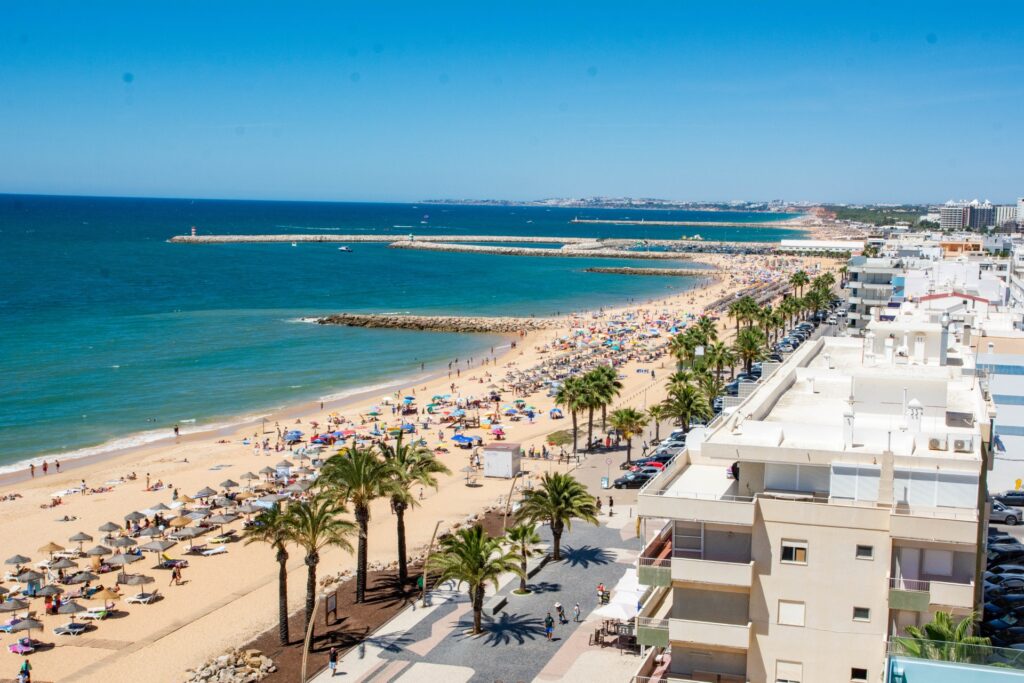


















Comments